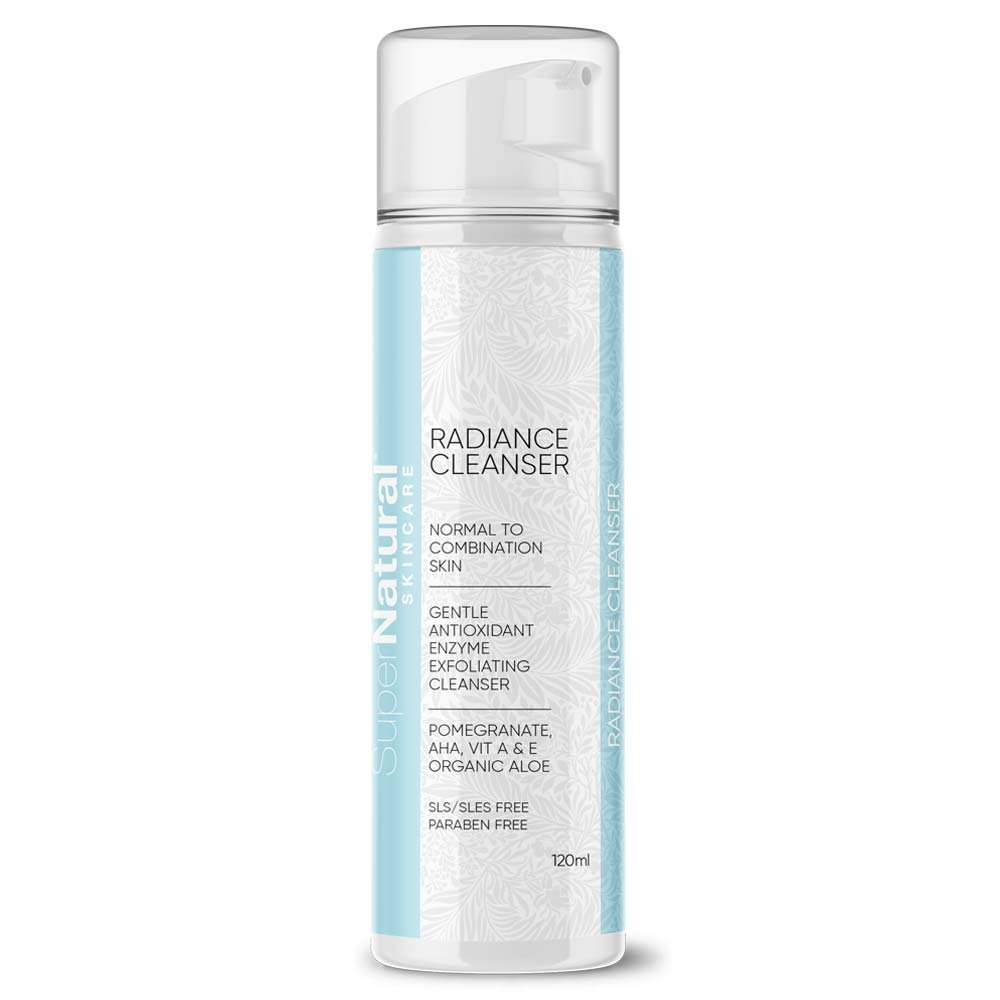
TREATMENT & DIAGNOSIS
Post Acne Scars
Acne can leave dark spots known as post-inflammatory hyperpigmentation, especially in darker skin as well as red scars in fair skin. Clinically proven formulas can signal the skin to renew and remodel the damage, helping improve skin texture and clarity.
Post Acne Scar Solution
The only thing worse than the acne is the scarring that can result.
Scars occur due to the skin not functioning properly underneath the skins’ surface (epidermis). Inflammation occurs during acne breakout which causes trauma to skin tissue, and it’s this trauma that leads to scarring,
Two main types of acne scarring:
Post Inflammatory Hyperpigmentation (PIH) scarring or Discoloured Scarring – this causes hyperpigmentation and the skin forms dark blemishes in dark skin and red blemishes in fair skin.
Ice pick or box scarring are more common in severe acne and occur when the skin is severely traumatised leaving indentations in the skin.
Darker skin discolours easily, making it imperative for darker skin people to avoid picking their skin as this may result in a lingering scar.
Everyone with acne breakout needs to avoid picking or squeezing the acne as infection can spread the acne to other areas
Can acne scars heal?
Yes, over time they reduce, especially the discoloured scars, as they are more superficial, and tissue has not dropped away.
Scar Remodeling Skincare
To counteract the hyperpigmentation – a retinal antibacterial serum (Clear Skin Serum) helps the skin’s renewal process. A pigment-inhibiting serum limits pigment migrating to the scar and helps diffuse the high-density pigment marks (Lighten Botanical Serum). It is also a must to use sunscreen to protect your skin and be super diligent about applying sunscreen as the sun can darken the pigment scars.
Deep Scarring
Clear Skin Serum helps skin function normally and promotes skin renewal. It also acts as a preparatory serum which is used prior to in-clinic treatments. If your skin is dark, you will also need to use Lighten Botanical Serum which helps disperse the darkening around the scars. Hydrating Peptide Serum with hyaluronic acid is used after treatment to promote wound healing.
RECOMMENDED PRODUCTS FOR POST ACNE OILY SKIN
In-clinic treatments:
Chemical Peels
Chemical peels are great for both discolouration and indentation scarring and help improve the colour and texture of the skin. A course of 4 to 6 peels is usually recommended but is dependent on the peel.
Microneedling
Microneedling uses tiny needles to stimulate your skin's healing process, works incredibly well to reduce indentation scarring and helps your skin texture become smoother. A course of 6 monthly treatments is usually the minimum requirement for good results.
RF Resurfacing
RF resurfacing uses radio frequency which is a current that penetrates the skin with heat causing the skin to go on high alert and activate its natural healing processors, which helps remodel and smooth the skin.
RECOMMENDED PRODUCTS FOR POST ACNE DRY SKIN
Restore Rx Lotion
5 tips to prevent acne scars:
1. Do not pick or squeeze your pimples
Squeezing, picking and scratching acne causes more harm than help, and makes it more likely for your skin to scar. In addition, picking a pimple may result in spreading acne elsewhere on your skin.
2. Know the different types of acne
Whiteheads, blackheads and pimples, all appear on the surface of the skin. They can produce hard, red bumps that can hurt, but, unlike other types of acne, they remain quite superficial. Cystic acne is a type of acne characterised by inflammation deep in the skin and does not sit in the pores of the skin. Since there's nowhere for the fluid to come out, it's very important that squeezing is NOT used to try and remove the cystic acne. Attempting to pick or squeeze this type of acne will lead to the inflammation spreading underneath the skin, creating a larger area of damage and, ultimately, a larger area of discolouration and scarring,"
3. Extraction of millia, whiteheads and blackheads
It's best performed in-clinic by a qualified dermal therapist, ensuring hygienic and sterilized equipment is used.
4. Start acne treatment early
If you break out once a month or in a predictable cycle, start treating your skin, with a regular skincare regime every morning and evening. Use a gel cleanser that will help purify and clarify your skin. Activated charcoal draws impurities off the skin and helps detoxify the skin without stripping the skin's natural protective oils. Hyaluronic acid and peptides help remodel damaged tissue and help with the wound healing process. Wearing a natural zinc-based sunscreen can help prevent any hyperpigmentation that may occur as a result of acne. Zinc has an antiseptic and balancing effect and helps hydrate and protect your skin.
5. See a skin care specialist
If you feel like you're using all the right at-home preventive measures but still can't control your acne or acne scarring, consider seeing a dermal therapist and a naturopath. There are many advanced, effective treatments for acne and acne scarring. "Having monthly maintenance skin care treatments can be very helpful in clearing your skin and preventing post-acne scars.










